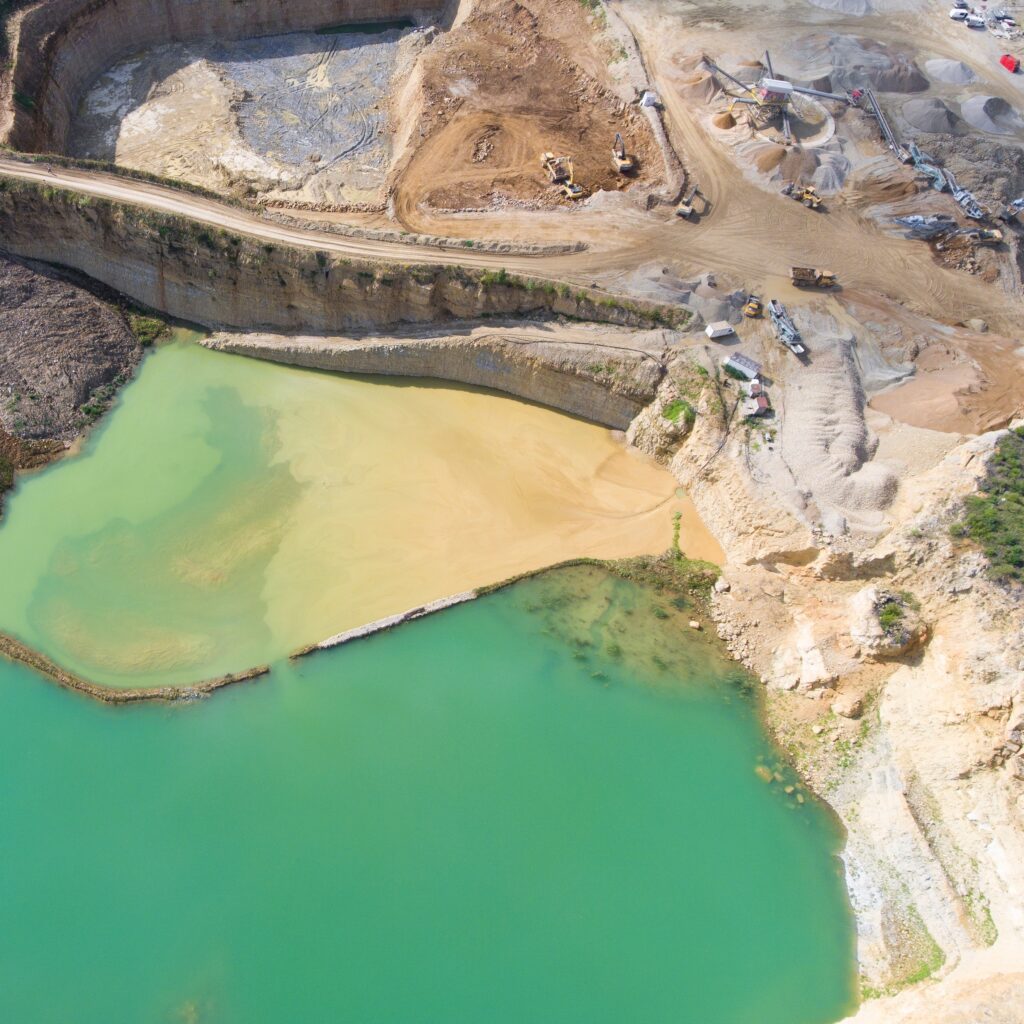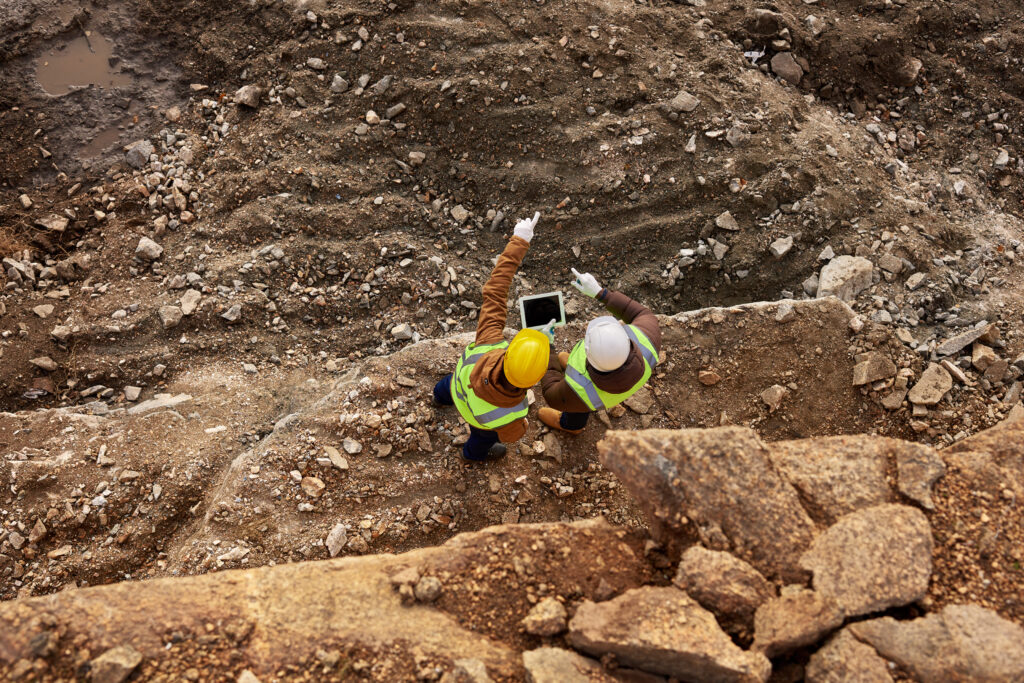Companies can’t just rely on PR spin to demonstrate good corporate practice, writes INX Software CEO Marcus Ashby — it’s got to be backed by data.
Your people want to work for a good corporate citizen, your stakeholders want to know you are across the ESG task, and your investors believe anything less than stellar performance is risky business.
So how is your company demonstrating it can deliver on the environmental, social and governance challenges you face?
It’s a question increasingly facing business leaders and company boards as evidence mounts of the importance of sustainable corporate practice.
Being able to demonstrate a commitment to ESG is a key factor in staff attraction, retention, and morale, while investors are wary of any business that does not have ESG as a strategic priority.
For businesses with exposure to a potentially unhappy community or activist shareholders, poor performance can mean the loss of social licence or reputation.
And for financial performance, research by the NYU Stern Centre for Sustainable Business and Rockefeller Asset Management has shown firms with long-term ESG strategies do better and have increased downside protection during social or economic crises.
But for many companies, the history of reporting against these areas has been confined to statements designed to satisfy siloed regulators within a narrow definition of performance.
Over time, this simply won’t be enough.
To unpick the vagaries of ESG reporting, it is worth looking at the behaviour of Australia’s biggest companies.
Recent analysis of the ASX200 by PwC Australia shows 87 per cent report on their ESG initiatives — but much of that reporting appears to be token efforts.
Nearly two thirds of those companies (62 per cent) do not publish short, medium, or long-term ESG goals, while PwC found just 36 per cent of the ASX200 have a net-zero target by 2050.
Only one in four boards either has or is looking to have more than one ESG-related skill as a requirement for directors.
If this is the performance of large, listed companies, you can only imagine the level of ‘greenwashing,’ taking place in those without the same ASX requirements, and the number of businesses using glossy pictures and spin to exaggerate their environmental, sustainable, or ethical credentials.
But besides being questionable behaviour, spin over substance risks putting the corporate regulator offside — ASIC views misrepresentation on ESG issues as having a potential to distort the market for current or prospective investors.
The lack of authentic monitoring and reporting can also lead to reputational damage when the actual performance is revealed.
So how can companies set themselves apart from their competitors in this space?
The answer lies in how they track, measure and report genuine performance.
As a business that works at the nexus of ESG areas, from protection of the planet to the movement and safety of people, we speak daily with clients doing the real work of measuring corporate performance.
Our environmental software clients often come to us because they see real-time monitoring as critical for meeting the requirements of regulators, using tracking, measuring, and reporting to meet obligations and provide an early warning of any changes that might exceed the limits of their licence.
But many also have other stakeholders who are interested in their performance, in areas that go beyond what a regulator currently might ask.
Businesses that have never faced environmental licence requirements have directors interested in their carbon footprint and offset activity. People and culture teams want to be able to see in real time activity that supports the safety, health and wellbeing of personnel. Investors want measurable, reliable data on good governance for due diligence and to reduce risk.
Without the technological framework in place to support this increased transparency, you can’t meet expectations.
The demand for business to be more transparent about its behaviour will only grow, so being able to measure baseline performance and track improvement will become a ticket to play.
Ideally, all businesses in Australia should already be able to share the results of their environmental, social and governance performance with the stakeholders who hold them to account.
If that is not your reality yet, it is time to act.














